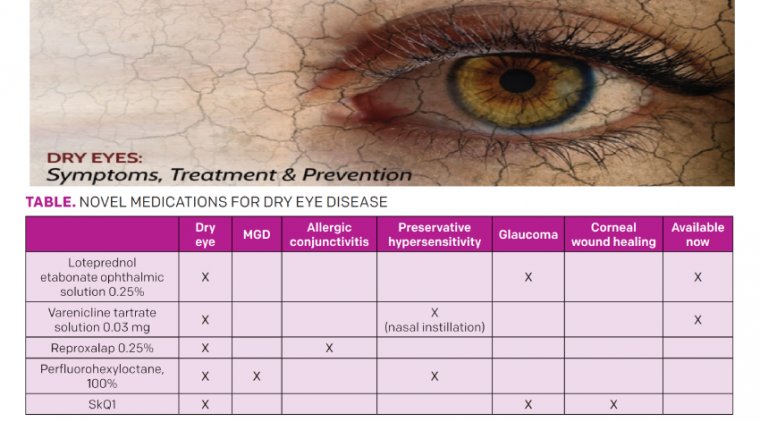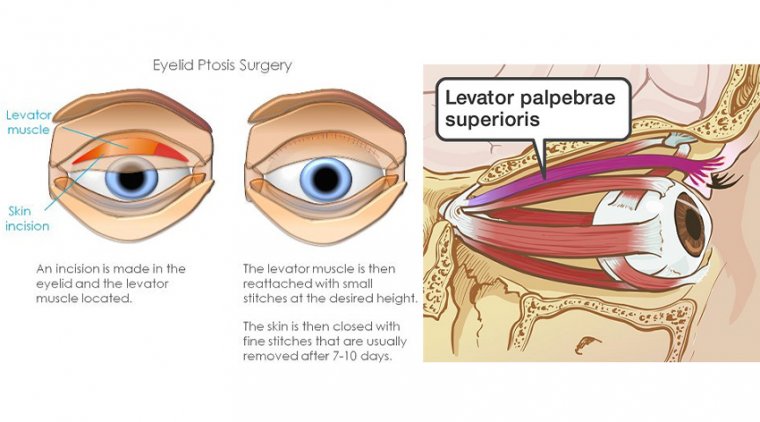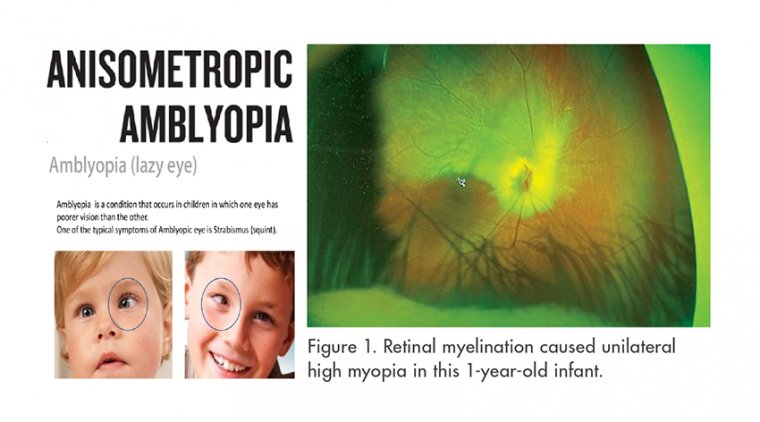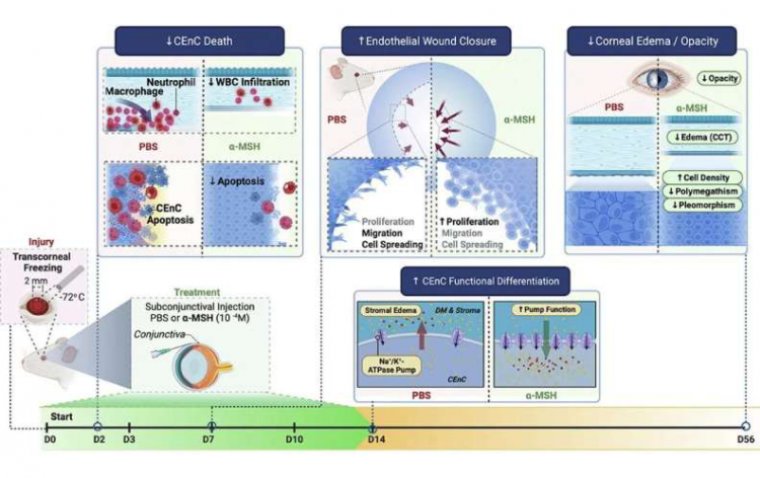
Study Reveals Blood Metabolites May Reduce Genetic Risk of Glaucoma
A new study published as a Reviewed Preprint in eLife highlights the role of blood metabolites in modifying genetic risk for glaucoma, offering valuable insights for developing protective therapeutic strategies.
Understanding the Complexity of Glaucoma Risk
Glaucoma is a leading cause of irreversible blindness, often remaining undiagnosed until significant optic nerve damage has occurred. While genetic risk scores help identify individuals at high risk, not everyone with a strong genetic predisposition ultimately develops the disease.
A collaborative study involving researchers from the U.K., U.S., and Japan explores how metabolites—products of cellular processes—may influence glaucoma risk, potentially acting as protective factors in high-risk individuals.
The Role of Metabolomics in Glaucoma Prediction
Metabolomics, the study of metabolites in biological samples, provides a comprehensive assessment of cellular physiology. Previous research suggested a possible link between blood metabolites and glaucoma risk. This study sought to determine whether integrating metabolite data with genetic risk scores could improve the accuracy of glaucoma prediction models.
Key Findings: Metabolites as Resilience Factors
The researchers analyzed data from 117,698 UK Biobank participants, including 4,658 individuals with glaucoma and 113,040 controls. In addition to genetic and metabolomics data, they incorporated:
• Clinical data (intraocular pressure, optic nerve thickness)
• Lifestyle factors (smoking, alcohol consumption)
• Long-term health conditions (diabetes, high cholesterol)
After testing four different predictive models, they found that while adding metabolomics data modestly improved prediction accuracy, its greater utility lay in distinguishing high-risk individuals who do not develop glaucoma.
Three Key Metabolites Linked to Lower Glaucoma Risk
A critical discovery was that higher levels of lactate, pyruvate, and citrate were associated with a 29% reduced risk of glaucoma in individuals with a high genetic predisposition. Interestingly, these metabolites had no significant effect in lower-risk groups, suggesting their role in enhancing resilience in genetically susceptible individuals.
Experimental Evidence: Pyruvate as a Protective Agent
To test the potential protective role of metabolites, researchers administered pyruvate to mice with glaucoma. The results showed that pyruvate supplementation prevented intraocular pressure increases and optic nerve degeneration, reinforcing its role as a neuroprotective agent for retinal cells.
"The administration of resilience metabolites to protect against glaucoma is a growing focus of our research and holds exciting promise," said Nicholas Tolman, Postdoctoral Research Scientist in Simon John’s Lab, Department of Ophthalmology at Columbia University Medical Center, New York, U.S.
Future Implications: Metabolite-Based Therapeutics for Glaucoma
Although the study was conducted primarily on European populations, its findings pave the way for metabolite-based treatments aimed at mitigating genetic risk for glaucoma.
Louis Pasquale, Professor of Ophthalmology at the Icahn School of Medicine at Mount Sinai, emphasized the broader implications:
"This is the first study to incorporate metabolite data with genetic risk scores into glaucoma prediction algorithms and to identify biomarkers associated with resilience to the disease. Future work is needed to explore how non-genetic factors—such as air pollution, stress, physical activity, and diet—may influence metabolomic risk scores and alter glaucoma genetic predisposition."
Conclusion
This groundbreaking study provides new insights into how metabolomics can enhance glaucoma risk assessment and lead to novel protective treatments. As research progresses, metabolite-based therapeutics may offer a promising strategy for reducing the impact of genetic glaucoma risk, transforming the landscape of glaucoma prevention and management.
Reference:
Keva Li et al, Pyruvate and Related Energetic Metabolites Modulate Resilience Against High Genetic Risk for Glaucoma, eLife (2025). DOI: 10.7554/eLife.105576.1
(1).jpg)










